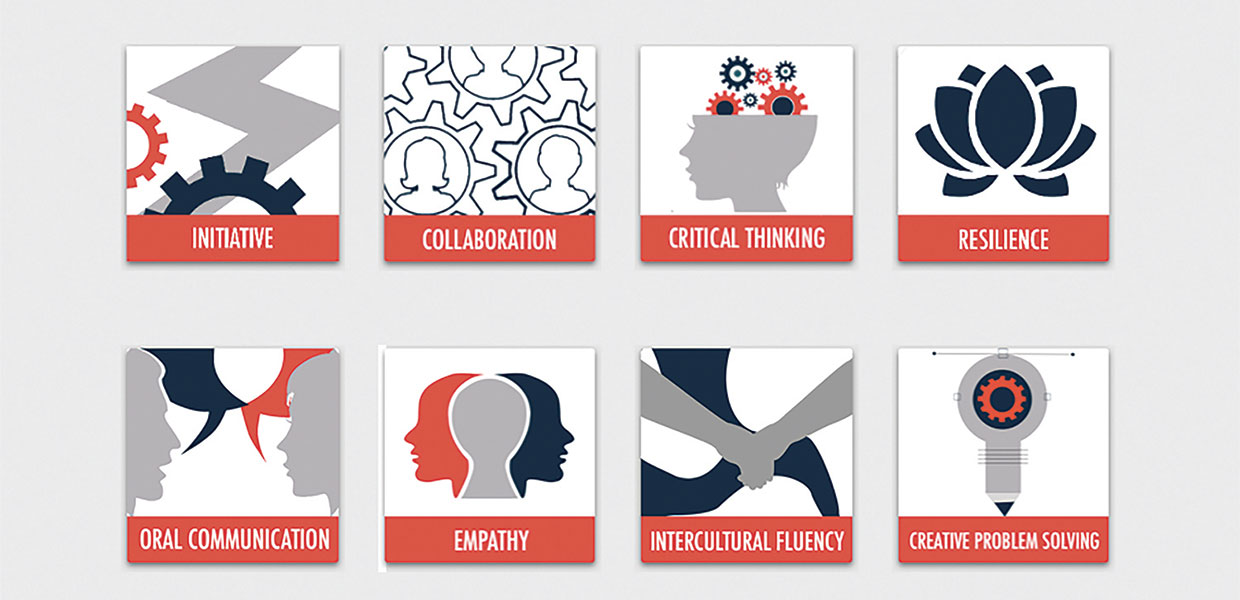
On any given day at Oakwood University, Huntsville, Ala., you will find students on mobile devices, laptops, and desktop computers, not for the latest social media video meme, but in search of campus internships and jobs (micro-internships). Yes, they are job searching without parents’ assistance.
Oakwood University’s new Career Connection Center (CCC) was created to put experiential learning and career development in one location to connect students to their career passion, and guide them to achieve their career goals while maintaining the path to graduation. CCC’s director, Jorge Bartholomew, says the micro- internships or micro-credentials are designed to permit students to try out their skills in a controlled environment that allows for feedback and development.
Micro-internships and micro-credentials
Micro-internships, according to Bartholomew, are “an immersive learning experience that will allow students to practice workplace skills to ensure career success.” These include short-term assignments to projects that require use of real- world skills learned in the classroom. Similar to an opportunity that an organization would give to a new hire or intern, the micro- internship program not only improves student employability skills, but also increases college retention and student success.
Educational Design Lab (EDL)
With assistance from Educational Design lab (EDL), Oakwood’s CCC created the Micro-Internship Program as a component of the University’s Career Pathways’ Initiative (CPGEM). The goal is development of the whole student, not just for the college experience, but for success in their careers. The program trains supervisors to become developers of workplace competencies and providers of feedback. Learning to receive developmental feedback allows workers to develop emotional intelligence, to improve their workplace performance, and also to manage their career trajectory. Students complete a 360-degree feedback instrument during the internship, and are supported by both their supervisor and their CCC advisor.
In April 2019, the annual homecoming weekend hosted many professional alumni that provided workshops to current students in areas of career focus. Careers fields ranged from communications to medical, and everything between and beyond. Information shared during breakout workshops was valuable to students as they matriculate through Oakwood, and prepare to depart into the professional arena. The event was called Alumni 360, and involved reinforcing the micro-internship concept to prepare students for the professional environment.
This introduction added to the practical learning for students as they hear from recent graduates and current professionals in their areas of interest.
Digital badging and its importance
When achievement measurements are vital in the workforce, chronicling accomplishments must be a part of progress gauging — such as digital badging. Digital badging includes visual displays or indicators of competencies and achievements a student receives as a result of a performance assessment.
This innovative digital approach for students to earn a toolbox of skills — initiative, resilience, intercultural fluency, collaboration, oral communication, creative problem solving, empathy, and critical thinking — is key for not only career placement, but also for college retention. According to Prudence Pollard, Ph.D., administrator for the CPGEM Career Pathways Initiative, “Collecting these eight digital badges are valuable demonstrations to employers of achievement of skills and competencies for the marketplace.” Many of the local businesses in Huntsville seek Oakwood University’s students because of earned skills they acquired, and their ability to gain new ones in a short time.
Oakwood University | September 2019



Comments are closed.